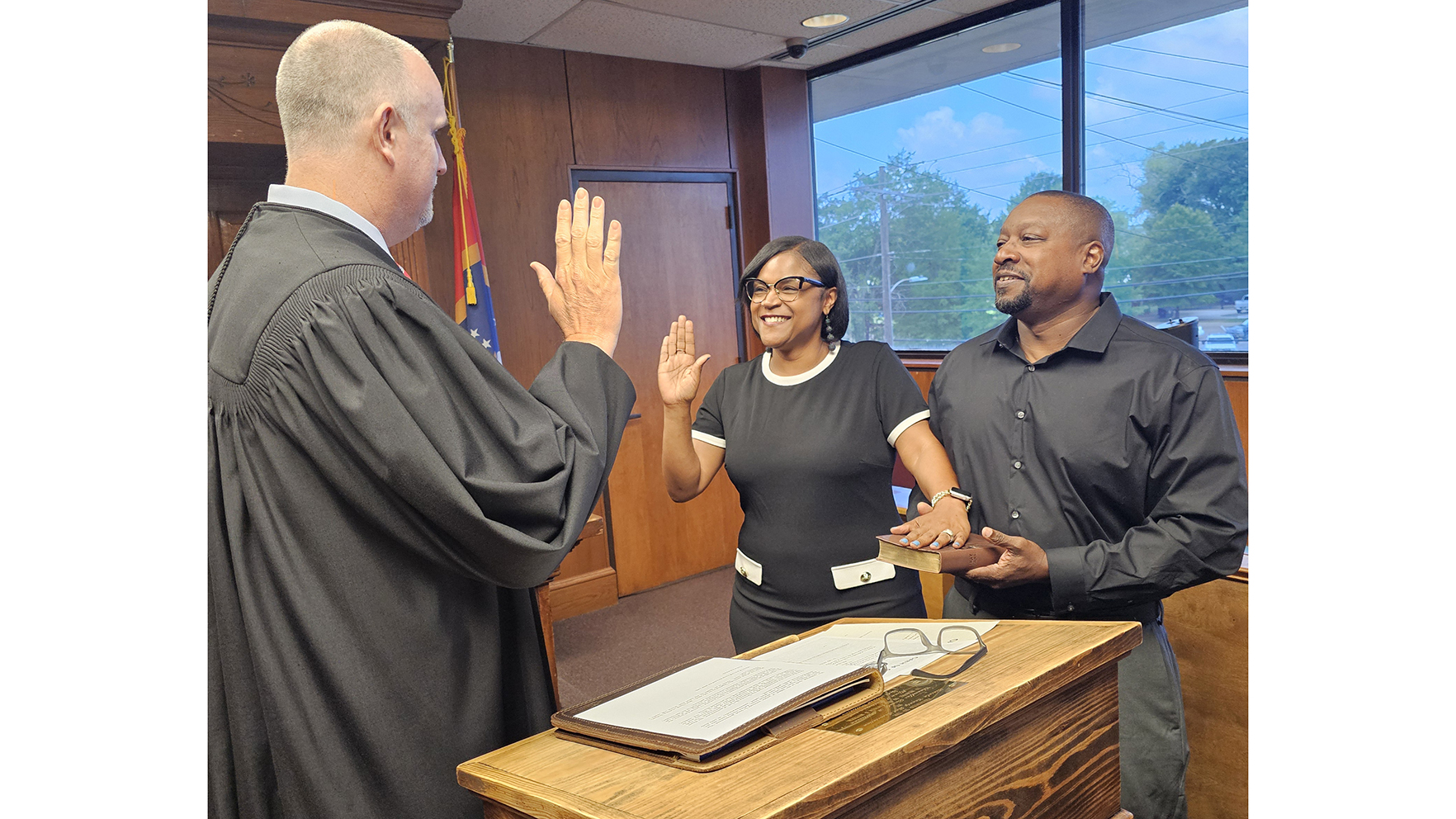More information serves the public
Published 10:35 pm Friday, January 12, 2018
The rules that govern how courts operate across this state are set by the state Supreme Court. The public is usually unaware of these rules — unless they run up against one while dealing with the local court system.
One of these rules that affects everyone who is charged with a serious crime was brought to the newspaper’s attention recently, and I think it should be brought to the public’s attention as well.
It’s a bit complicated, so bear with me on the explanation. A grand jury issues an indictment if it determines evidence presented to them by a prosecuting attorney is enough to establish the commission of a crime. If it determines there is not enough evidence, it returns a “no bill” finding. It doesn’t mean the accused is innocent, just that there was insufficient evidence. The names of people on the “no bill” list have been public information in the past, and they often appeared on the pages of this newspaper.
We publish the list for two reasons. It’s a way to hold the courts and law enforcement accountable. If the public thinks too many cases are being returned as a “no bill” then it can question the competence of the system.
The list is also a way for people to clear their names. If someone is arrested — whether they are guilty or innocent — their name appears in our arrest reports, which are public records. If a person is wrongly accused of a crime, then a published “no bill” from the court gives the public the “rest of the story” as Paul Harvey used to say. It does not necessarily mean they are innocent, but it still helps the individual clear their name.
But because of a change in court rules, those names are now sealed and are not public record. Why the Supreme Court thought it was a good idea to seal these records is beyond me. I don’t think it was because of a request from the public. It seems to me the public would want that information to be made known.
Supreme Court Justice Jim Kitchens explained the rationale behind the rule, which is a change that took effect in 2017. Kitchens said the change was made to protect the reputation of someone who is wrongly accused of a crime. He gave the following example: Suppose that during a session of a Lincoln County grand jury someone approached the jury with an accusation and requested that the jurors investigate the alleged crime. If that accusation is determined to be without merit, and the accused’s name appears on a published “no bill” list, then there is a chance their reputation has been sullied for no reason.
But that is not the way most cases appear before a grand jury. Considering that the public is largely unaware of when a grand jury is meeting, it’s unlikely that people are lined up outside the courtroom waiting to ask jurors to investigate crimes.
I would argue that a small percentage of cases heard by a grand jury take this path. Most cases that appear before a grand jury take a more traditional path: law enforcement makes an arrest and the case is turned over to the district attorney for prosecution. In these cases, the arrest information is public record and so that individual’s name has already associated with a crime, whether they are guilty or innocent. Making the “no bills” public is the best way for the wrongly accused to set the record straight.
It seems the Supreme Court has created a rule in an attempt to protect the public in a scenario that rarely happens, but in reality is harming the vast majority of people who are wrongly accused of a crime. This rule is not in the public’s best interest.
To his credit, Justice Kitchens said the rules remain a work in progress, and he said the court was open to making changes. This is a rule I hope the court will consider changing. The public is better served by having more information, not less.
Publisher Luke Horton can be reached at luke.horton@dailyleader.com.




